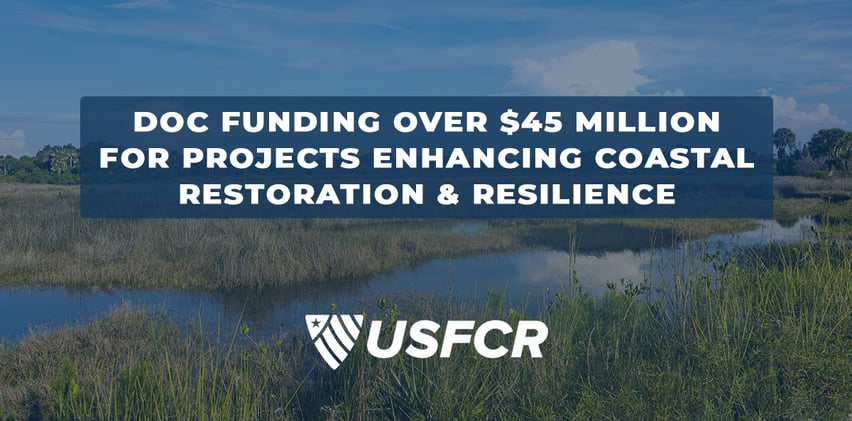
Ecological restoration has been defined as “the process of assisting the recovery of an ecosystem that has been degraded, damaged, or destroyed.” Traditional perspectives and TEK provide insights into hidden or lost ecological diversity and relationships that tribes have had with their environments.
— Jonathan W. Long, et. al; Ecopsychology 1
The slow repatriation of land to indigenous populations has identified a crucial issue with the restoration and preservation of native lands. In 2000, the Wiyot tribe in Northern California purchased 1.5 acres of ancestral land on Duluwat Island, now known as Tuluwat Island, and began working to restore it to its original state. The land purchased was originally taken from the tribe in 1860 during a brutal massacre of over 250 tribal women, children and elders. Not under the tribe’s case, the land eventually became a vacant shipyard filled with scrap metal and contaminated with toxic chemicals. By 2015, the city of Eureka announced it would return the remaining 202 acres to the tribe, though the transfer was not officially completed until 2019.2 This story is just one among many stories of tribal lands being taken, desecrated, and polluted.
Through the National Oceanic and Atmospheric Administration (NOAA), the U.S. Department of Commerce (DOC) is offering funds to support projects by underserved communities, tribes, and/or tribal entities to conduct meaningful habitat restoration activities on their lands. Potential activities accepted under this opportunity include land restoration , capacity building, and/or actionable science support.
Eligible applicants include:
- Tribes/Tribal Entities
- An Underserved Community
- Entities partnering with tribes/tribal entities and/or underserved communities (i.e. nonprofits organizations, commercial/for-profit organizations, institutions of higher education, state, local, and Native American/Alaska Native tribal governments, and U.S. territories)
Please be aware that applicants must propose work in the marine, estuarine, coastal, or Great Lakes areas. Federal agencies or employees may only serve as unfunded collaborative project partners. Foreign entities shall participate as either contractors, sub-recipients, or informal collaborators of a prime entity based in the United States for eligibility.
The Grant Writing Team at USFCR is now accepting applicants for grant writing support regarding projects for the Coastal Habitat Restoration & Resilience Grants.
Please fill out the following eligibility application prior to November 3, 2023.
Funding Opportunity Number: NOAA-NMFS-HCPO-2023-2008173
Don't miss out on the funding that could elevate your project to the next level!
If you have questions regarding your organization's unique program feel free to contact us at (877) 252-2700 or email grants@usfcr.com.
More Hot Grants
Marine Mammal Rescue Assistance Programs, Now Being Funded By The Dept. Of Commerce
USDA Investing Over $1 Billion in Farmers & Rural Small Businesses Across the US.
USDA Forest Service Offering Over $250 Million to Help Combat Wildfires
DOC Funding Over $45 Million for Projects Enhancing Coastal Restoration & Resilience
Over $10 Million in Grants Offered By USDA for Specialty Crop Programs
USDA Allocates $125M for Nationwide Expansion of Meat and Poultry Processing
1 Long, J. W.; Lake, F. K.; Goode, R. W.; Burnette, B. M. (2020, June 4). How traditional tribal perspectives influence ecosystem restoration. Ecopsychology. 12(2): 71-82. https://www.liebertpub.com/doi/10.1089/eco.2019.0055
2 Kaur, H. (2020, Nov. 26). Indigenous people across the US want their land back – and the movement is gaining momentum. CNN. Retrieved from https://www.cnn.com/2020/11/25/us/indigenous-people-reclaiming-their-lands-trnd/index.html


